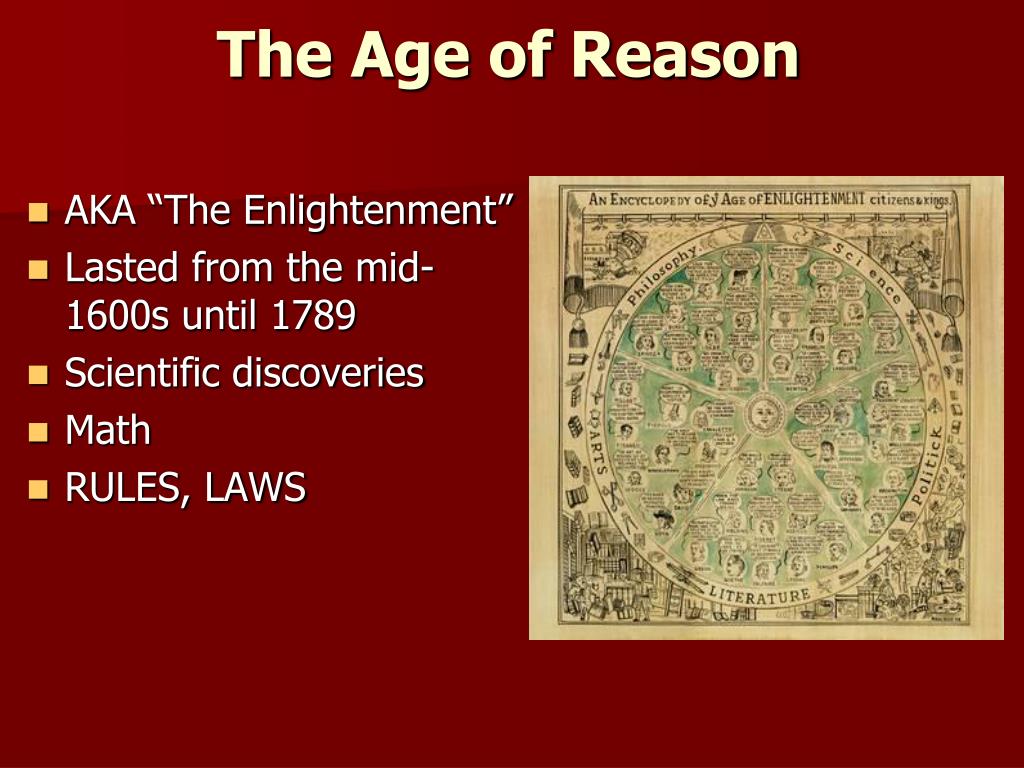
Chalk contributes ‘Riotous Silence’ to the album, borrowing the title from a self-penned poem written in 2019. “We call ourselves a modern jazz band, but maybe this symbolises the urge to not always feel so hip,” says Ruppnig. ‘Vice’ begins on a completely different tack – Berkmann’s relaxed bossa slowly spirals out of control, aided by Chalk’s frenetic solo contributions. The angular, bop-ish feel of ‘Continuity’ (also from the pen of Ruppnig) follows a similar theme, on the need to keep a creative drive no matter what life throws at you. That feeling of maturity emerges on Age of Reason too – it’s the first SCOPES recording to feature the compositional skills of each member, delivering some thrilling results.Īge of Reason opens with ‘Deep Water’, a Tixier composition that carefully balances drive and expansion in a “dive into the depths of our biggest unacknowledged dreams.” For Ruppnig, the album’s aims are encapsulated by this tune– “the songs have an easy feel, and they’re not too specific – every musician has the space to have his own voice speak.” ‘More Hope’ came to Ruppnig when faced with relentless negativity during the Coronavirus period, with characteristically tumbling solo contributions from Tixier and space for Berkmann’s introspective soloing. “SCOPES is a creative space that we share, without boundaries.” The group’s second release, Age of Reason, is a personal and philosophical reflection on the pressing matters of a time, when all generations need to come closer together and become more aware of their surroundings. The group’s name SCOPES describes “the frame we all work within”, says Berkmann. Led by Austrian drummer Mathias Ruppnig, German bassist Tom Berkmann and French pianist Tony Tixier, American altoist Matt Chalk makes his debut with the quartet on this their second full-length release. “Amazing Grace” is the only page in this book that has been dog-eared.Following their critically acclaimed eponymous debut in 2018, international jazz quartet SCOPES bring their blend of accessibility and adventure to Whirlwind Recordings for their second album, Age of Reason. Newton’s survival and conversion formed the basis for his most famous hymn, “Amazing Grace.” Like Edwards’s Freedom of Will, the six verses of “Amazing Grace” address the role of God in human life, but with a warmth and humanity that have endeared them to Christians and non-Christians for more than two hundred years.

Newton originally worked as a slave trader, but after he survived a storm at sea in 1748, he converted and became an ordained minister in the Church of England. While theologians clashed in the stratosphere, ordinary Americans expressed their faith by turning to hymn books such as John Newton’s Olney Hymns (1779), shown here in a 1795 edition that has been loved nearly to death (the binding has been repaired with gingham cloth).

His devastating response to Kames’s interpretation of his work appeared as a pamphlet in 1758 and then was added to editions of the Freedom of Will starting in 1768. The Scottish philosopher Henry Home, Lord Kames, whose copy of the Freedom of Will is shown here, thought he saw a kindred spirit in Edwards.


AGE OF REASON FREE
Edwards attempted to reconcile human free will with an almighty God by distinguishing between the cause of a person’s inclinations, which was always God, and a person’s freedom to carry out those inclinations. In the spring of 1754, American theologian Jonathan Edwards anxiously awaited the impending publication of his Freedom of Will (often referred to as Freedom of the Will), which he called “my book against the Arminians.” The Arminian quarrel with Calvinism hinged on the question of free will-on the extent to which humans depended on God for their goodness-and lit up transatlantic religious circles during the middle third of the eighteenth century.


 0 kommentar(er)
0 kommentar(er)
